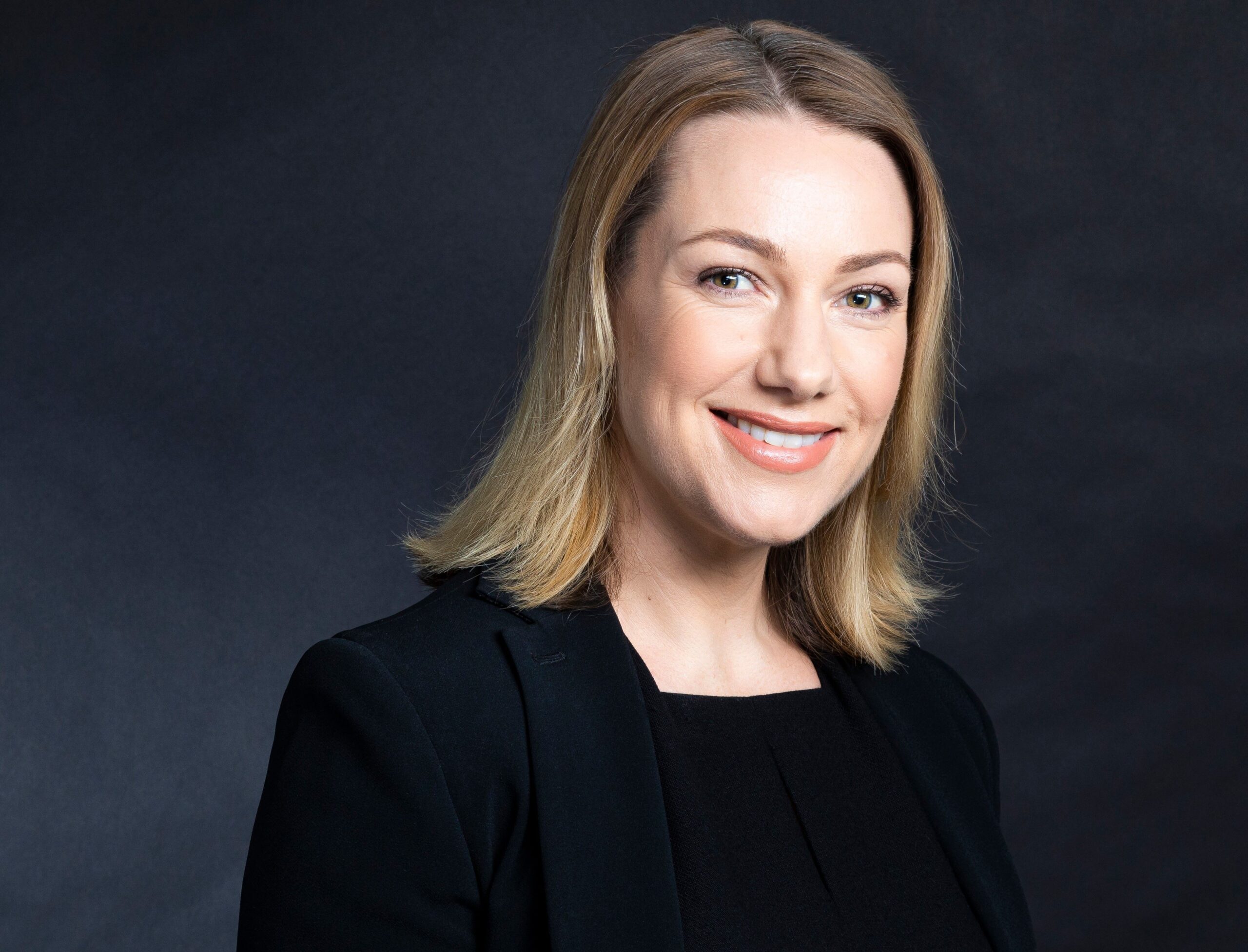Why working harder isn’t working smarter
Author and strategic leadership expert Alicia McKay explains why rearranging your priorities and throwing away that badge of workaholism can help you to truly succeed in business. When I started my […]
Author and strategic leadership expert Alicia McKay explains why rearranging your priorities and throwing away that badge of workaholism can help you to truly succeed in business.
When I started my consulting business in 2014, things were tight. I had two young kids at home, a mortgage, and a husband on apprentice wages. Every fortnight was a financial and logistical juggling act as I put in crazy hours to get things off the ground.
Fast-forward five years, and we were no longer battling the bank. I had a steady flow of clients and I’d published my first book. I was on the speaking circuit, known for my expertise in strategy and change. So, I should have been working fewer hours and feeling a lot less stressed… right?
Nope. It had been a huge few years. I’d worked hard, building a client base and moving to Wellington to be closer to the action. We’d added a third child to the mix and I was working on bigger and better projects. I was working harder than ever. Over-functioning had become my default, no matter what was happening around me.
When my marriage ended, I didn’t take any space to recover. Instead, I took a deep breath and faced the pressure head-on, working longer and harder than ever before.
By this time, the grit that had served me so well in the early years had made me an insufferable control freak. I was a shocking delegator, struggling to hand things over to my team. My inability to let go was getting in the way of building a sustainable business and a balanced life, and as the months ticked on, that fear got in the way of my personal and professional relationships, disconnecting me from my friends, partner and children.
Let go
Little about my story is unique. I work with overwhelmed leaders and business owners with their own version of this journey – where what got them to the top isn’t paying off anymore. It’s true for us all. When we buckle down too hard on our unique skills, those become the very things that trip us up.
Business owners understand this better than anyone. We are masters at taking responsibility. We plan carefully, take calculated risks, and put in the hours, doggedly with the faithkeeping the faith that it will eventually pay off. Most of us start from humble beginnings, and we learn early to dig deep and grit our teeth.
For start-ups and new businesses, this is great – critical, even – to make it through the dicey early days where cashflow is intermittent and livelihoods hang in the balance.
Until, of course, it isn’t so great anymore.
The shadow side of responsibility, like in my story, is control; the fear of letting go. When we hold on too tightly, and insist on being across everything, we accumulate risk inside our business – not to mention our health, and our personal lives.
The dangers are real: for those leading teams, that tight grip creates a bottleneck for innovation. People don’t feel safe getting on with their jobs, much less trying new things and taking risks. Without trust and confidence, people get wobbly and productivity drops off.
Lead with focus
Real performance isn’t about working harder than everyone else or being across more stuff. It’s about managing our energy differently – getting real clarity about what to focus on, and flowing that through to how we spend our time. And it doesn’t happen by accident. As our lives become busier and our businesses become more successful, it’s up to us to take charge of our focus, release behaviours and tasks that don’t serve us anymore, and readjust the way we think about our work and our value.
We’re never going to run out of things to do or problems to solve. Every day brings a new torrent of emails to answer, and new fires to put out. If we wait until things ‘settle down’ before we take a hard look at ourselves, we’ll be out of business or in a hospital bed before too long.
There is no better time than now to start thinking about what your most important priorities are, what your opportunities are to streamline and simplify, and what you can take off your plate. For many of us, this is a process of unlearning – letting go of the skills that got us here. If you’ve been wearing workaholism as a badge of honour, finding satisfaction in space isn’t easy. But when you can, you leave a gap for bigger, better ideas and opportunities.
Track your time
You don’t need to be busy all the time to add value – in fact, the opposite is often true. Spending a day mopping up $10 tasks is a crying shame, when you could have spent an hour on an idea worth six figures to your bottom line, or nurturing a relationship that could change the trajectory of your business.
To move forward, try tracking your time for a week – keeping a full and accurate record of what you do every day. What gives you the most energy and adds real value? What sucks time and has minimal impact on the big picture? Just like a food diary reveals the snacks you’re not fully conscious of, keeping an accurate time and energy diary will show you all the hidden things that creep in and drain your focus.
Most importantly, breathe. This is a job that’s never done. But if we regularly take the space to get clear on our focus and priorities, and keep tweaking as we go, we’ll be well on the way.
Alicia McKay (pictured above), author of ‘You Don’t Need An MBA: Leadership Lessons that Cut Through the Crap’ ($29.95), is a strategic leadership expert and founder of the NaMBA programme – a game-changing alternative to traditional leadership education. naMBA teaches strategic leadership, focusing on flexibility, decisions, systems, performance and influence. Alicia also works with leaders and teams to spark strategic shifts in the way they think, work and lead. For more information about how Alicia can help your team visit www.aliciamckay.co.nz






